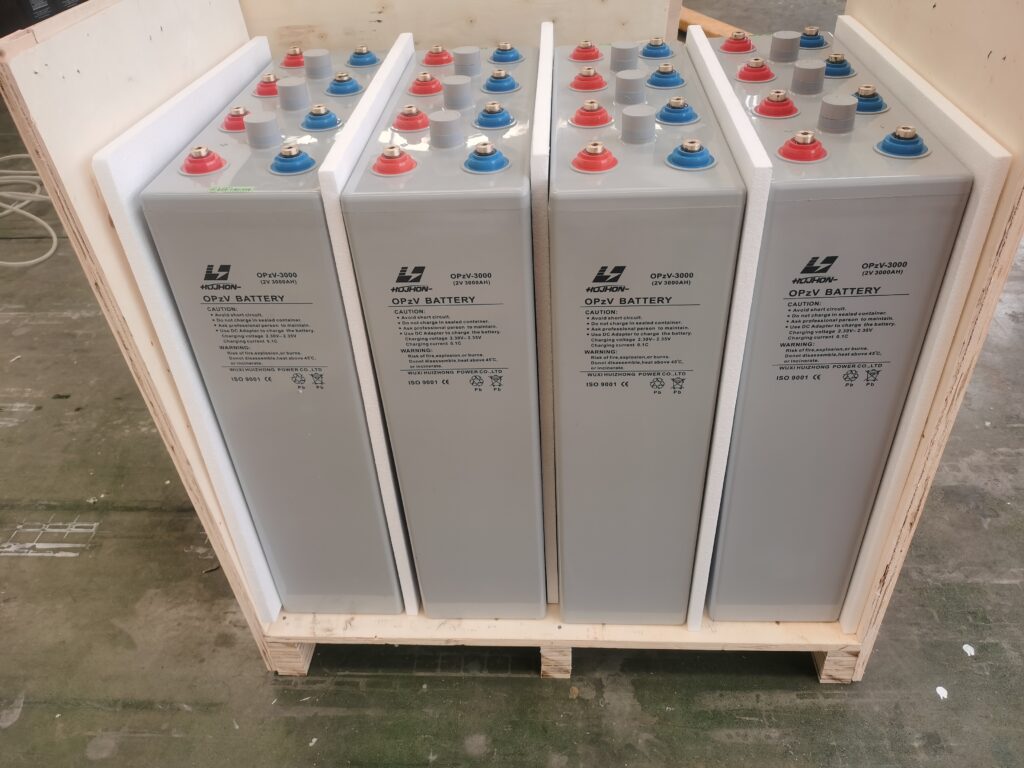Yes, lead-acid batteries are suitable for use in summer, but there are some considerations to keep in mind to ensure optimal performance and longevity.
- Temperature: High temperatures can affect the performance and lifespan of lead-acid batteries. During summer months, especially in hot climates, it’s important to monitor battery temperature to prevent overheating. Proper ventilation and temperature control in the battery storage area can help mitigate temperature-related issues.
- Watering: In hot weather, lead-acid batteries may experience increased water loss due to evaporation. It’s essential to regularly check and maintain proper electrolyte levels by adding distilled water as needed to prevent damage from underfilling.
- Charging: High temperatures can accelerate the rate of chemical reactions within the battery, including the self-discharge rate. Ensure that charging procedures are properly regulated to prevent overcharging, which can lead to electrolyte loss and battery damage.
- Equalization: Periodic equalization charges may be necessary during summer months to ensure all cells within the battery receive a full charge and prevent sulfation, particularly if the battery experiences high temperatures frequently.
- Inspection: Summer is a good time to conduct thorough visual inspections of batteries, terminals, and connections for any signs of damage, corrosion, or leakage. Address any issues promptly to prevent further deterioration.
- Usage: High temperatures can increase the demand for power, especially in applications such as automotive use or renewable energy systems. Ensure that the battery capacity meets the requirements of your specific application to avoid overloading the battery.
- Cooling: Consider implementing additional cooling measures, such as battery insulation or temperature-regulated ventilation systems, to help maintain optimal operating conditions for lead-acid batteries during hot weather.
Overall, lead-acid batteries can perform well in summer when properly maintained and monitored for temperature-related issues. By following recommended maintenance practices and implementing temperature control measures, you can maximize the performance and lifespan of lead-acid batteries in summer conditions.


